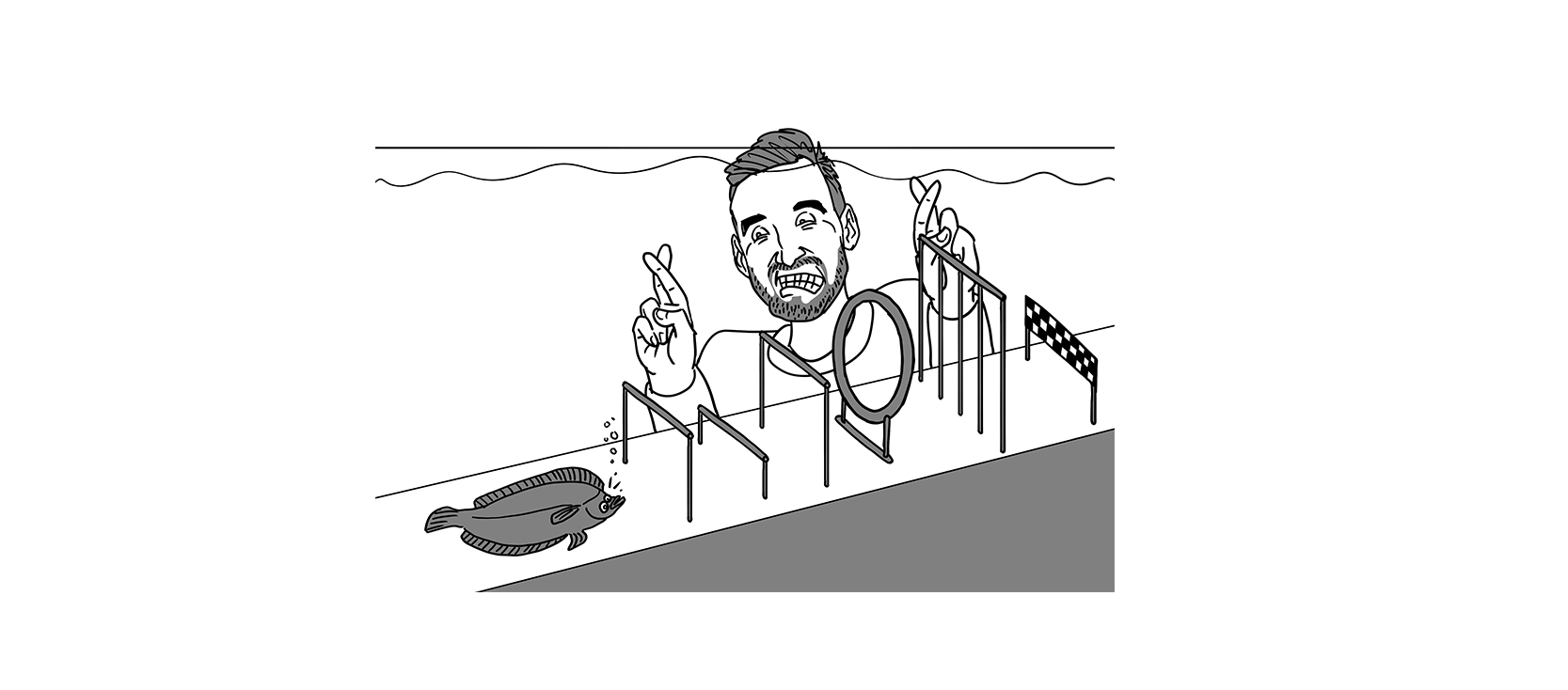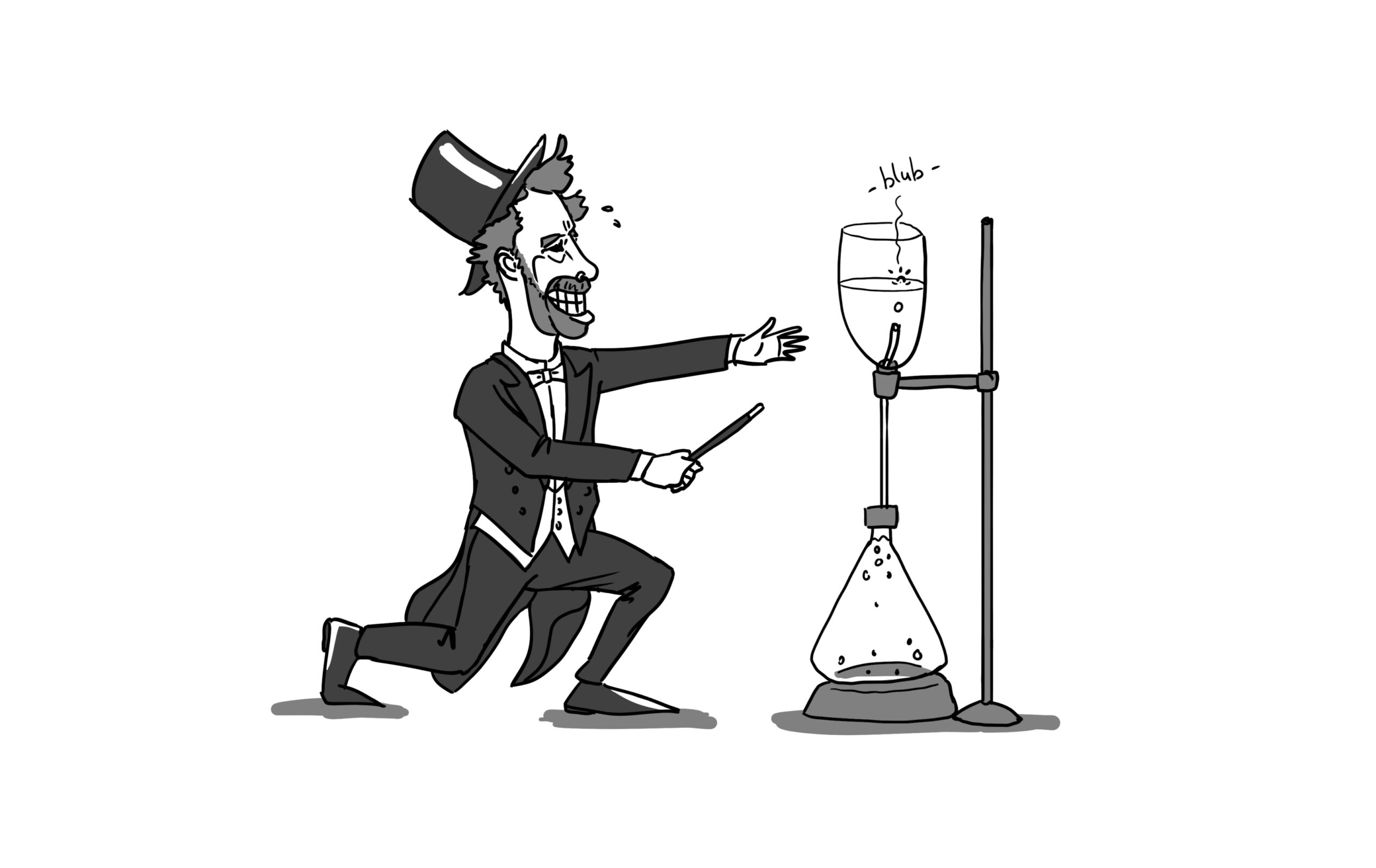A failed experiment, an error in your model, a rejected article: in academia such things tend to be labelled failures. As for talking about failure? Not done! But that’s just what WUR co-workers do in this regular feature, ‘You win some, you lose some’. Because failure can be useful. In this instalment, we hear from Sander Gussekloo, associate professor of Experimental Zoology.
‘When I started lecturing in Utrecht, I was asked to give the lecture series called “An Overview of the Animal Kingdom” for biomedical students. My predecessor’s lectures were available, but I was young and enthusiastic, so I wanted to do it all again in my own way. I started with the sponges and then progressed slowly to the development of vertebrates, giving lots of nice details about various animal groups along the way.
After the first lecture, the students came up to me panic-stricken. Did they need to know all this? I was surprised at first: as a biologist, I thought: surely everyone finds this interesting? Then I got the feeling: oh dear, what have I done? I told them that only the big picture was important, but because I had already told them so much, they still wondered what could come up in the exam.
For me, it was a lesson that I should really cater for the target group and their degree programme. My predecessor emphasized that as well. What do the students want to know, what is their background? What do I tell them and what don’t I tell them? I consulted my fellow teachers.
After the first lecture, students came up to me panic-stricken. Did they need to know all this?
In the second lecture, I summarized the main points of the previous one and I tried to reassure students that all those details might be interesting but weren’t necessary to pass the exam. The panic was over. I adapted the other lectures as well.
I realized that it is more satisfying to cover a bit less ground if that helps the students understand the material better, than to be able to indulge my personal interests. Nowadays I am very familiar with the type of group and the curriculum at WUR. I know what the students do and do not know. On the “Invertebrates” course, there is always a student who asks a question I don’t know the answer to. Then I start searching and I always come across interesting things. Then I can still go into detail for those who want that.’

 Illustration Stijn Schreven
Illustration Stijn Schreven 

